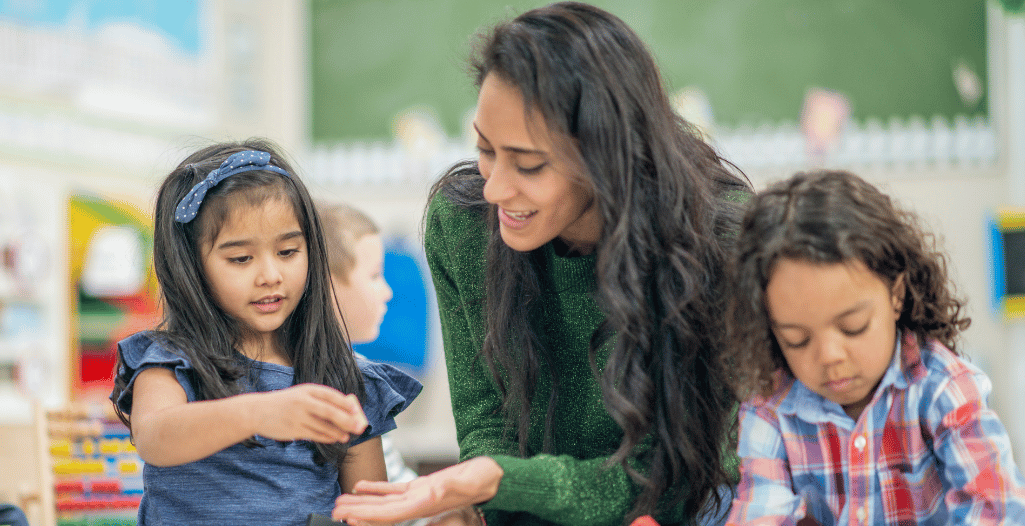The 2:1 ABA Dyad Therapy pairs two students with one Supervised Instructor Therapist to encourage social awareness, positive peer interactions, and engagement in a structured learning environment. This program introduces and reinforces classroom routines, adult-led learning, and collaborative activities while tailoring support to each child’s unique needs. Families play a key role in goal-setting, ensuring meaningful and achievable progress.
Program Details:
- Duration: 6-month service blocks (starting in April or October)
- Schedule: Minimum of 2 sessions per week
- Days: Monday – Friday
- Session Length: 2.5 hours
- Session Start Times: 9:00 AM or 1:00 PM
- Supervision:
- Supervised by a Registered Behavior Analyst and a Supervised Senior Therapist
- Each Dyad pair will work with one Supervised Instructor Therapist
- Location: 1870 Birchmount Rd; Scarborough, ON
- Language: English
Potential Goals Addressed in the Program:
- Social Skills – Turn-taking, sharing, greetings, and conversations
- Transitions – Waiting, moving between activities and locations with a peer
- Communication – Requesting from adults/peers, expanding language skills, answering WH-questions
- Play & Leisure Skills – Playing games with a peer, functional toy play, parallel & interactive play, peer imitation
- Classroom Readiness – Sitting with peers, following group instructions, completing routines, self-management
- Daily Living Skills – Kitchen safety, hygiene, dressing, street & personal safety
- Academic Skills – Reading, writing, math, comprehension, typing
Eligibility Criteria:
To participate in the ABA Dyad Program, children must:
- Tolerate sitting at a table or on the floor near peers
- Self-regulate with minimal redirection
- Request preferred items (via gestures, vocal language, or an augmentative communication system)
- Respond to their name
- Transition away from a parent with minimal difficulty
- Transition between activities/locations and stay with their peer with minimal redirection
- Display minimal challenging behaviors
What to Expect:
- A supportive and structured small-group environment
- Hands-on learning with individualized support
- Opportunities to develop essential social, communication, and life skills
- Close collaboration between families and therapists to set and achieve meaningful goals
